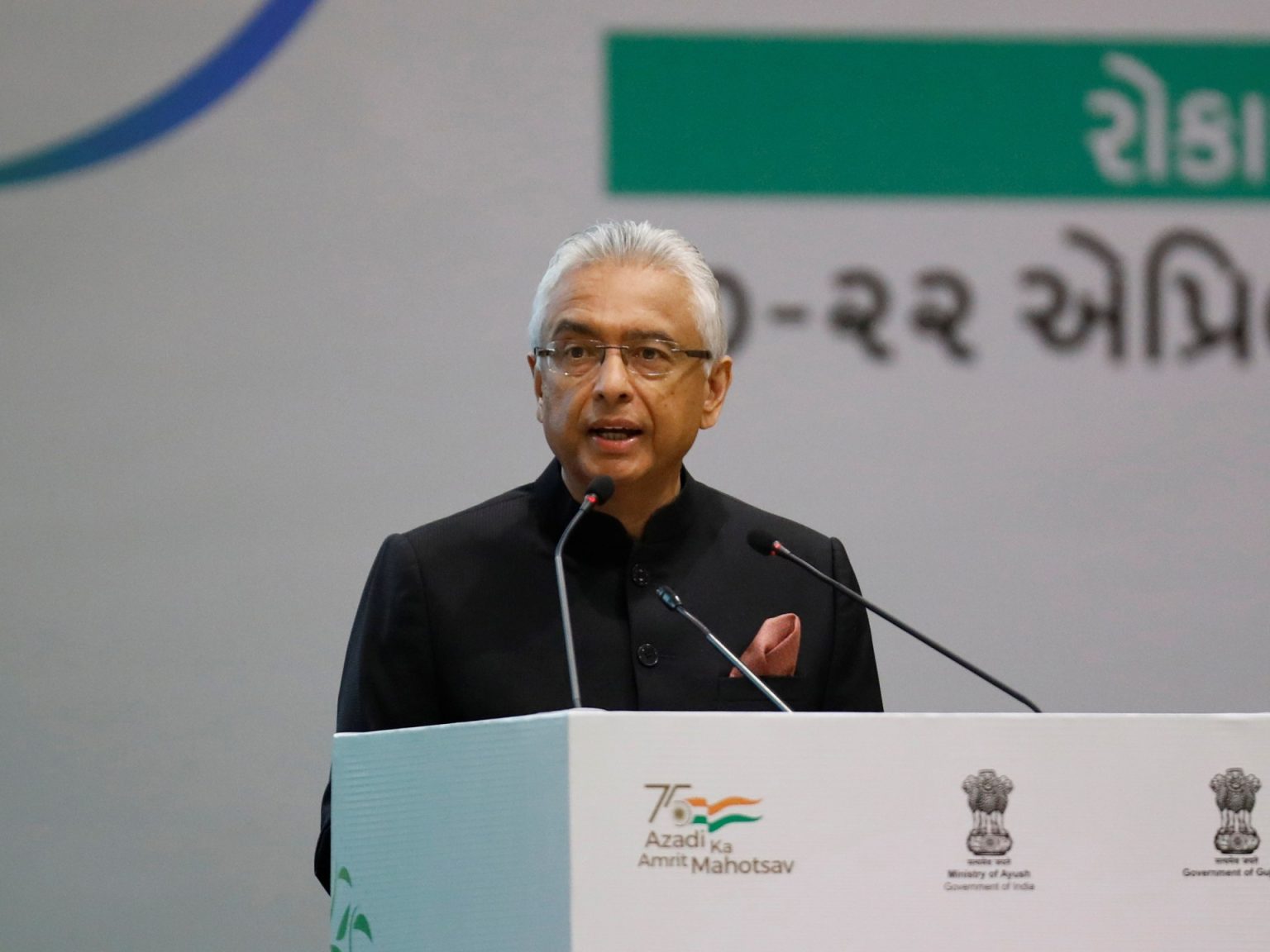Opposition leader Navin Ramgoolam looks poised to become the prime minister of Mauritius for the third time as the incumbent, Pravind Jugnauth, has conceded defeat in the parliamentary election. Jugnauth, who has been in office since 2017, acknowledged that his political alliance, L’Alliance Lepep, is headed for a significant loss. While official results have not been released, it seems likely that Ramgoolam’s Alliance of Change coalition will assume power.
The election, which took place on Sunday, saw voters selecting legislators for the 62 seats in parliament for the next five years. Sixty-eight parties and five political alliances were in contention, with the party or coalition securing more than half the seats set to win the prime minister’s post. Turnout was high at around 80 percent, indicating the population’s strong interest and engagement in the democratic process.
The campaign leading up to the election was marked by controversy, particularly due to a wire-tapping scandal that revealed private conversations of politicians, diplomats, and journalists. Despite this, both political camps emphasized their commitment to addressing the cost-of-living challenges faced by Mauritian citizens, despite the country’s robust economic growth. Concerns were also raised about the nation’s political and economic sustainability, given its reputation as one of the richest and most stable democracies in Africa.
Pravind Jugnauth, who is 62 years old, recently celebrated a landmark deal with the UK to regain sovereignty over the Chagos Islands. However, the scandal and other challenges likely contributed to his alliance’s loss in the election. Both Jugnauth and Ramgoolam hail from political dynasties that have played a significant role in Mauritian politics since independence in 1968. Ramgoolam, 77, is the son of Seewoosagur Ramgoolam, the country’s first prime minister, and has previously served in the role on two separate occasions.
Mauritius, a majority-Hindu nation, has achieved stability and prosperity since gaining independence. The economy relies on key sectors such as tourism, financial services, and textile manufacturing, with a GDP per capita exceeding $10,000. The island’s picturesque beaches and crystal-clear waters have made it a popular tourist destination, attracting 1.3 million visitors annually. However, concerns about governance and corruption have been raised by analysts, highlighting potential challenges for the incoming government to address.
Overall, the election outcome in Mauritius reflects the country’s vibrant democracy and engaged electorate. As Navin Ramgoolam prepares to lead the nation once again, he faces the task of addressing the needs and aspirations of the population while navigating challenges such as governance issues and economic stability. The transition of power from Jugnauth to Ramgoolam marks a significant moment in Mauritian politics, with the potential for policy changes and new directions under the incoming leadership.













